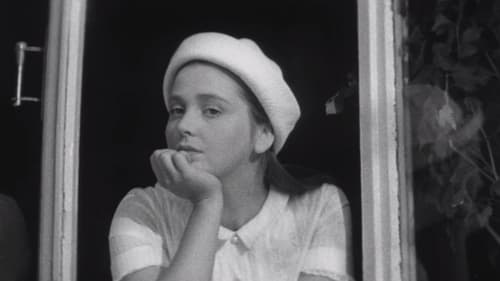Alla Tarasova
Birth : 1898-01-25, Kiev, Russian Empire (now Kyiv, Ukraine)
Death : 1973-04-04

A young man and woman meet by chance and experience a night and a morning together. One of the truest and realistic depiction of Russian romance and life.

The performance of the Moscow Art Theater. Gorky based on the novel of the same name by L. N. Tolstoy, staged for the stage by one of the founders of the theater V. I. Nemirovich-Danchenko.

A group of impoverished Russians living in a shelter near the Volga.

Elena Ivanovna Kruchinina
A story based on a classic play by Alexander Ostrovsky,

Collective farmers of the Volga region decide to create the first female fishing team. Her hardworking and neat Varvara Kladova, a quiet and gentle woman suffering from adultery with Stepan's husband, becomes her head. Having overcome the first difficulties, women are ahead of the brigade of men. And this makes Stepan look at his wife with different eyes.

Tsarina Catherine I
Depicts Russian Tsar Peter the First's conquest over the Swedes and his son Aleksey's plot to overthrow him.

Catherine, a peasant girl
This, the first Soviet depiction of Peter the Great, set the stage for what would become the post-Revolutionary line concerning the early Romanovs. Rulers like Ivan the Terrible and Peter the Great were widely admired for their dedication to Russia and their absolute determination to enhance her position in the world. But praise for the hated later Romanovs conflicted too heavily with the very beliefs that had brought about the Revolution in 1917.

Katerina Petrovna Kabanova
The cinematic adaptation of "The Storm" play by Aleksandr Ostrovsky. In a provincial town on the Volga River, the young and sensitive Katerina marries Tikhon, a violent drunkard, and thus enters the crude milieu of greedy salesmen, the "dark kingdom". Her mother-in-law, Kabanikha, rules the family with an iron fist and endlessly harasses Katerina. One day, when Tikhon is away, she meets Boris, a man who embodies everything Katerina is longing for.

Seine Schwester
Student Raskolnikow, who has written an article about laws and crime, proposing the thesis, that un-ordinary people can commit crimes if their actions are necessary for the benifit of mankind, murders an old woman, who operates a crooked loaning house, as well as her sister, who made the mistake of visiting her at the wrong time. He is suspected of the crime, but somebody else confesses to the murder.






